News
Official Opening of the E.A. Milne Centre for Astrophysics
Wednesday 4th November, 2015
The University of Hull officially opened its new E.A. Milne Centre for Astrophysics on Friday 16 October 2015.
Based in the Department of Physics and Mathematics, scientists and students at the E.A. Milne Centre for Astrophysics are working together to tackle some of the biggest unsolved questions of our Universe.
The Centre is named in homage to the late Hull-born physicist and mathematician Edward Arthur Milne. Milne was a prolific researcher whose work on the structure of stars was truly ground-breaking. His work on cosmology paved the way for modern understanding of the history and evolution of the Universe.
The reception, held in the Art Gallery of the Brynmor Jones Library, was attended by the extended Milne’s family (pictured below), including daughter Meg Weston Smith, grandchildren and cousins who travelled from as far away as France, Germany and Australia.

Above: Arthur Milne’s family
Also present were Professor Martin Barstow, President of the Royal Astronomical Society, and Professor David Abrahams, Beyer Professor of Applied Mathematics – both posts that Milne himself once held.
Amongst the 70 guests was the Deputy Lord Mayor of Hull Sean Chaytor, and his wife Lady Mrs Clare Chaytor, Commander of the HMS Explorer, Lt Tony Kane, and local school teachers and a number of University of Hull students and academics.
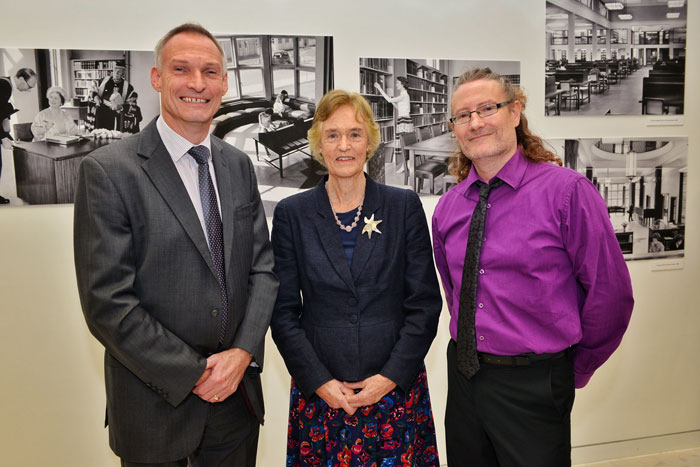
Above: From left to right: Professor Martin Barstow, President of Royal Astronomical Society, Arthur Milne’s daughter Meg Weston Smith, and Professor Brad Gibson, Director of the Centre
Professor Brad Gibson, Director of the Centre, said “The highlight of the evening was an inspirational speech by Meg Weston Smith on how her father rose from a humble beginning in Hull to be one of history’s most influential scientists.”
On display at the launch were a number of medals awarded to Milne, including The Bruce Medal of the Astronomical Society of the Pacific, The Royal Medal of the Royal Society, and The Gold Medal of the Royal Astronomical Society. Milne is one of only 12 scientists in history to have been awarded all three medals.
The Centre has been created to address fundamental questions in astrophysics such as: Where did the Universe come from? What are stars made of? How were galaxies created? What is gravity?
The Centre will be one of the leading research hubs of astrophysics research in the North of England. It will provide invaluable opportunities for undergraduate and postgraduate physics and mathematics students at the University to carry out cutting-edge research alongside leading experts in the field.
In addition, the Centre will provide outreach activities to members of the public, schools and colleges with the aim of inspiring the scientists of tomorrow.
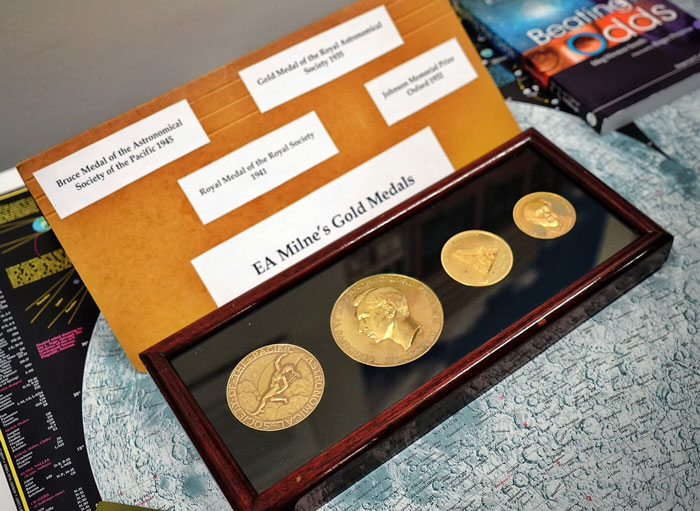
Above: Milne’s gold medals
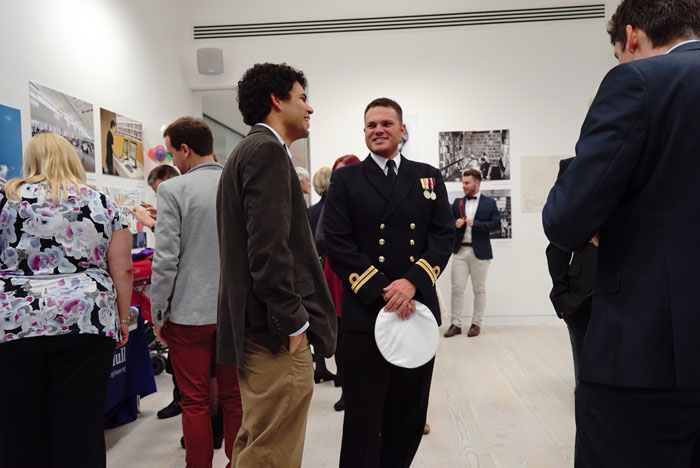
Above: Dr Ron Reid-Edwards, Department of Physics and Mathematics at the University of Hull, with Lt Tony Kane, Commander of the HMS Explorer

Above: Dr Elke Roediger, Department of Physics and Mathematics at the University of Hull, and Alan Worthington of Longcroft School in Beverley
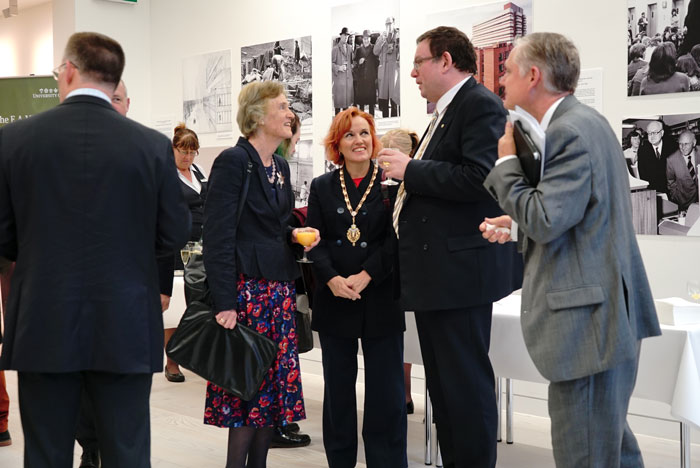
Above: From left to right: Milne’s daughter Meg Weston Smith, Lady Mrs Clare Chaytor, Deputy Lord Mayor of Hull Sean Chaytor, and Professor Stephen Kelly, Dean of Faculty of Science and Engineering at the University of Hull
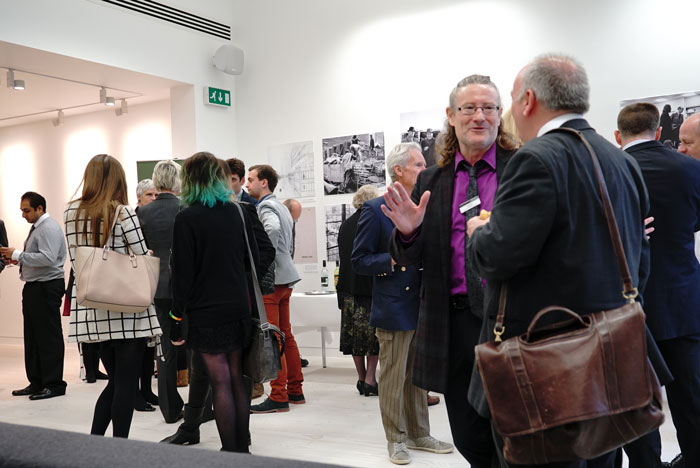
Above: Professor Brad Gibson, Director of the Centre, and Professor David Abrahams, Beyer Professor of Applied Mathematics